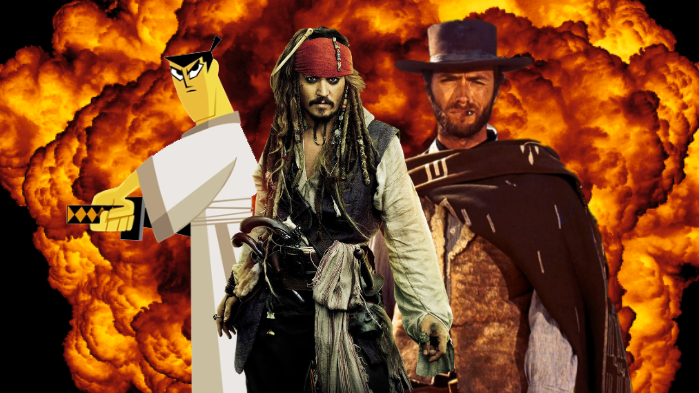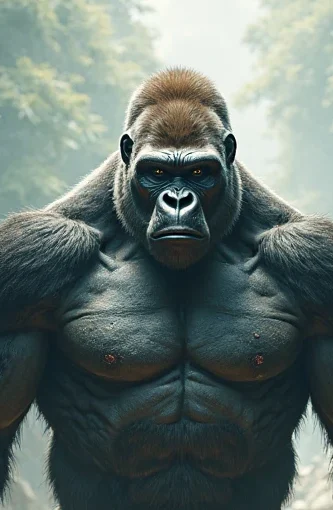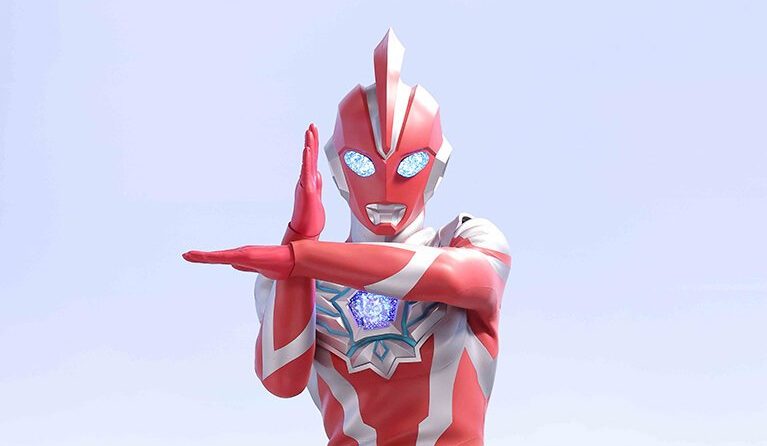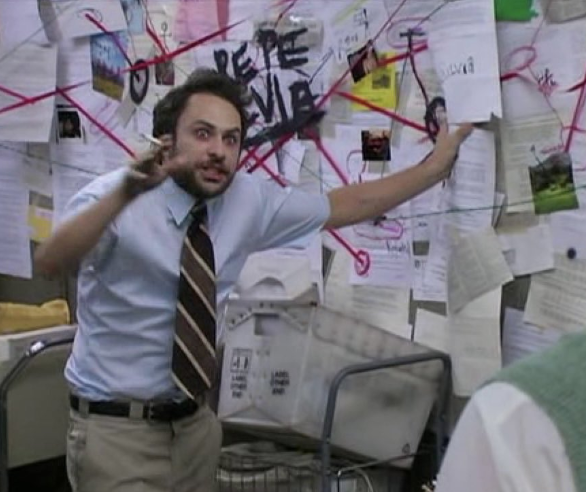Pirate, Cowboy or Samurai?
These are the three options that have all of the answers, a telling way to truly understand a person. When it comes to the three, few archetypes align with the pirate, cowboy and samurai. These characters have evolved past their historical roots, becoming symbols of specific traits. Yet, beyond the swashbuckling adventures, sunset duels and epic battles, they each represent different approaches to morality.
The D&D alignment chart, redefined in correlation to the 5th edition of the Dungeons and Dragons game, is “a 3×3 grid that outlines the nine basic character alignments: Lawful Good, Neutral Good, Chaotic Good, Lawful Neutral, True Neutral, Chaotic Neutral, Lawful Evil, Neutral Evil, and Chaotic Evil. It has become a staple in role-playing games (RPG) and is commonly used by Dungeon Masters to add depth to NPCs (Non-Player Characters) as well as to help player characters (PCs) flesh out their roles,” according to Cliff Weitzman of Speechify.
The Samurai
The samurai stand affiliated with ‘Lawful Good,’ defined by duty, discipline and a strict code of honor. Rooted in the traditions of Japan, samurai were warriors who lived by the Bushcode, a set of principles that highlighted loyalty, honor and self sacrifice. Samurai were protectors of their people and their rulers, upholding order above all else.
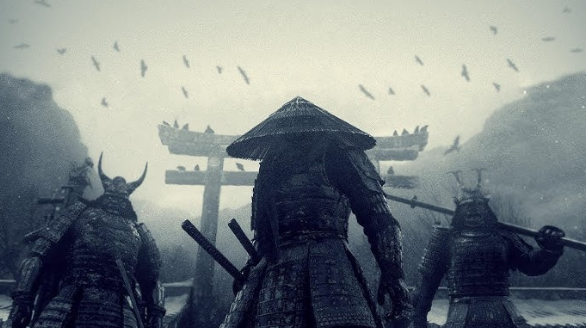
The samurai represents an ideal that blends morals and strength with cultural depth. Senior Nictorious Khoury explains his affinity for the samurai. “I would be a samurai because I feel like they live a really interesting life,” Khoury said. “They have a lot of culture that you can learn from…. They have a lot of good morals.”
Nictorious appreciates the sense of selflessness that defines the samurai.
“When you think of the actual cowboy and an authentic pirate, they are criminals really,” Khoury said. “They’re outlaws, and they just think about themselves, but the samurai puts others before themselves. They’re selfless.”
For Khoury, the samurai represents a way of living in honor and moral integrity.
The Cowboy
In contrast, the cowboy occupies the ‘Neutral Good’ space. Cowboys of the Old West were independent, often rugged and solitary, and lived by their own moral compass. They didn’t necessarily obey laws or codes, but their actions were usually motivated by a desire to protect the innocent or seek justice in a lawless world. While the samurai was bound by a rigid code, the cowboy was driven by a more flexible sense of right and wrong, making them a neutral good figure.
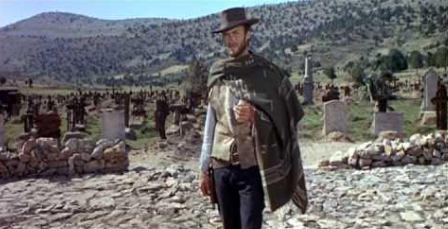
For history teacher Kevin Lawrence, the cowboy is a more fitting choice.
“I think I would like to be the cowboy… As I’ve gotten older… I’ve increasingly found some peace and solace in nature,” Lawrence said. “And cowboys are not riding through Times Square. They tend to ride out in open spaces. I think I would find that cathartic.”
Kevin’s appreciation for the cowboy lifestyle is because he wants a life of simplicity and a connection with nature, all qualities that align with the cowboy’s independent nature.
The Pirate
The pirate is probably the most unpredictable of the three, fitting perfectly into the ‘Chaotic Good’ alignment. Pirates reject conventional authority, often operating outside the boundaries of law, yet their actions are typically driven by a sense of personal freedom and desire to defy corrupt systems. Though they might plunder and cause chaos, pirates are often romanticized as rebels fighting for a cause, whether it’s wealth, fame, power or a sense of justice that defies the establishment.
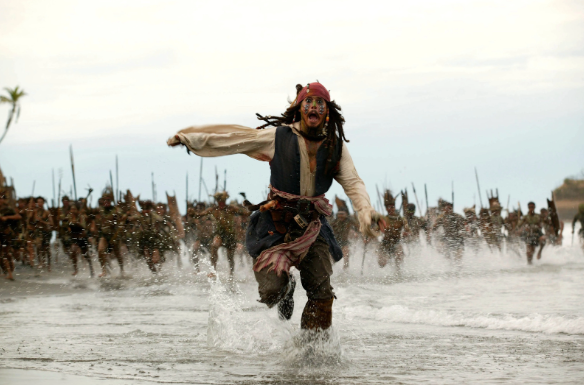
Senior Nathan Lobo embraces the chaotic nature of pirates.
“Pirate, because you will be seen better as an evil person as a pirate, because all pirates are seen as naturally evil,” Lobo said. “So I will embrace having a bad hobby.”
Lobo also shows his rebellious spirit.
“Pirates are normally solo; they are not a part of the government,” Lobo said. “They’re like their own affiliation.”
For Lobo, the pirate lifestyle offers the thrill of rebellion.
Lobos’ admiration with piracy isn’t just about the stereotypical image of a villainous outlaw. For lobo being a pirate symbolizes freedom and the thrill of adventure.
“I want to rob other pirates, steal and find treasure,” Lobo said. “And explore islands.”
For Lobo, it’s not just about following a moral code, it’s about embracing the chaos and fun of piracy.
“I just want the thrill of fighting other pirates to become the better pirate and I’ll become the best pirate,” Lobo said. Lobo also confidently stated, “I wanna be king of the pirates.”
The debate between pirates, cowboys and samurai gives us a thought and debate of morality and how different cultures approach justice. While the samurai is bound by honor, the cowboy represents personal freedom, and the pirate challenges the very systems that impose laws in the first place. The samurai teach us about the value of order, even at the cost of personal freedom. Cowboys show us the power of individual morality, regardless of the law. Pirates remind us of the chaotic nature of freedom and the lengths we may go to when rebelling against a corrupt system.
Ultimately, these iconic figures represent the multiple natures of “good” and justice in the world. Whether it’s through strict codes, personal values or rebellious actions, each choice reflects a different approach to their own morals.
So, the next time you find yourself debating whether a pirate, cowboy or samurai would win in a fight, consider that it might just depend on your own opinion.



